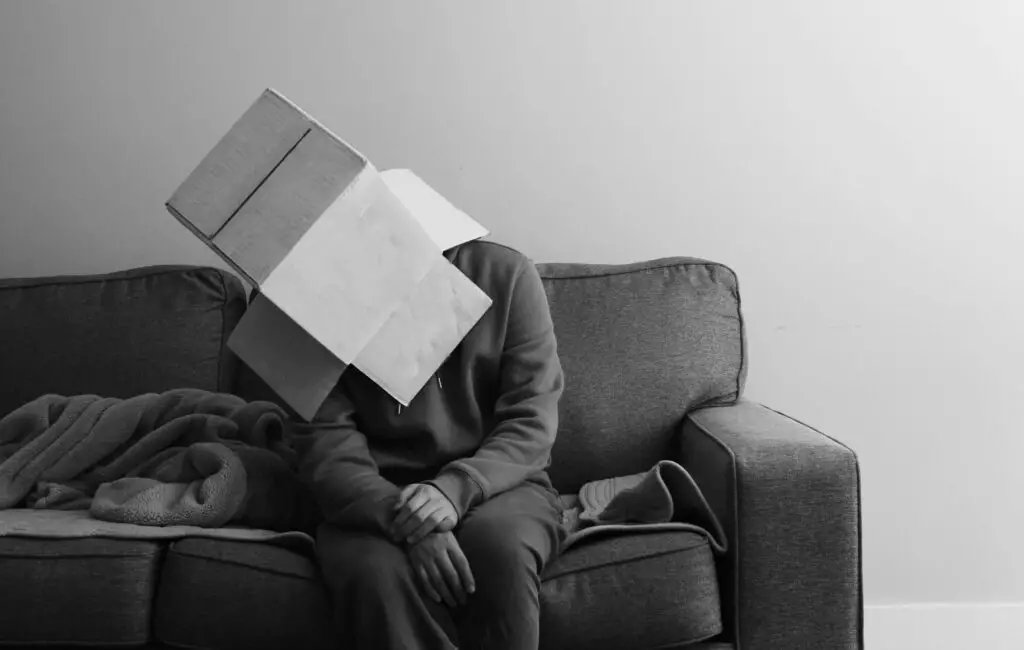Everyone needs to be careful and analytical before making some crucial decisions in life. However, there is a point beyond which, if you keep thinking, it ruins your decision-making capacity, logic, peace, and happiness. It is here that we experience overthinking.
We start to analyze situations obsessively, because of which we get into a never-ending thought loop. The obvious outcome is stress, anxiety, and worry, which leaves us feeling tired and with zero energy.
Termed ‘analysis paralysis’, overthinking is taking a toll on both youth and adults. As a result, it keeps you from becoming more productive in your personal and professional lives, which also adversely affects your happiness.
That aside, overthinking drains your precious mental energy that you could have used to concentrate on other tasks. Overthinkers need help with their thought management, as more often than not, it’s an auto-response to any past pain or challenge that isn’t resolved internally.
In this article, we will share the essential guidelines that will help people address their overthinking issue and manage it in a way that adds to their overall work productivity and happiness quotient.

Accept and Face the Problem
More often than not, people tend to escape from the realization that they overthink. It’s because owing up to any mental health challenge seems like a discomfort for many. But once you accept that you suffer from overthinking, it will help you ease out and look for ways to resolve it.
For instance, when you accept the problem, you might just decide to work with a psychiatric mental health nurse practitioner. They can help you address it by identifying the probable causes and offering a holistic solution customized to your needs. Since they have been trained through prominent online psych NP DNP programs, you can expect a professional attitude towards work along with compassion.
Baylor University states that leading names in this niche ensure that their online training program helps candidates learn strategies to offer efficient patient care. The program also helps them to develop and enhance procedures and policies for mental health and patient outcomes.
Sit With Your Negative Thoughts
Overthinking gets you into a downward spiral where you keep thinking negative thoughts and scenarios. And the moment you realize that chances are you will want to escape again to get caught up in this spiral soon. The best way out here is to challenge your negative thoughts simply by addressing them and observing how the mind functions.
For instance, if you are overthinking about a job offer, chances are you might think another candidate might get it. Here, you need to address the negative thought, accept the hypothetical predicament that is possible, and know that you will find another job that is your best fit. The moment you become comfortable with the scenario that you are dreading, overthinking tends to diminish. The negative thoughts lose their charge, and you can use your mental energy to think constructively.
Say Yes to Mindfulness
It is necessary to get into the habit of mindfulness and practice being aware of the present moment. When you direct your mind to focus on the now and not dwell on past patterns, anxiety related to overthinking reduces. Here, you can make use of techniques such as deep breathing or breathwork, doctor-prescribed medication, gratitude, and just being aware of your present surroundings.
Journaling is also a good way to cultivate mindfulness and face your overwhelming emotions in a balanced way. Recurrent practice helps to ground your thoughts better and reduce overthinking to a huge extent.
Connect With Your Body
People who live in their heads can practice physical care as well. For instance, taking part in activities like dance movement therapy, running, walking, and doing household chores can help the mind acknowledge the body. Any form of physical activity helps to regulate stress hormones that help manage overthinking to a huge extent.
Outdoor activities are a good choice as well. According to research, taking a 90-minute walk in a park can reduce your tendency to ruminate. Hence, when you focus on your body and your immediate surroundings, it helps to decrease negative thoughts that arise from overthinking.
In conclusion, everyone is prone to a moderate amount of overthinking at work or in any other situation. However, trouble happens when you get caught up in never-ending thought loops. When you realize that your constant thinking is leading to paranoia and anxiety, you know that it’s time to take action and address your overthinking problem. The hacks discussed here are effective, easy to follow, and will bring positive change.
MindOwl Founder – My own struggles in life have led me to this path of understanding the human condition. I graduated with a bachelor’s degree in philosophy before completing a master’s degree in psychology at Regent’s University London. I then completed a postgraduate diploma in philosophical counselling before being trained in ACT (Acceptance and commitment therapy).
I’ve spent the last eight years studying the encounter of meditative practices with modern psychology.

